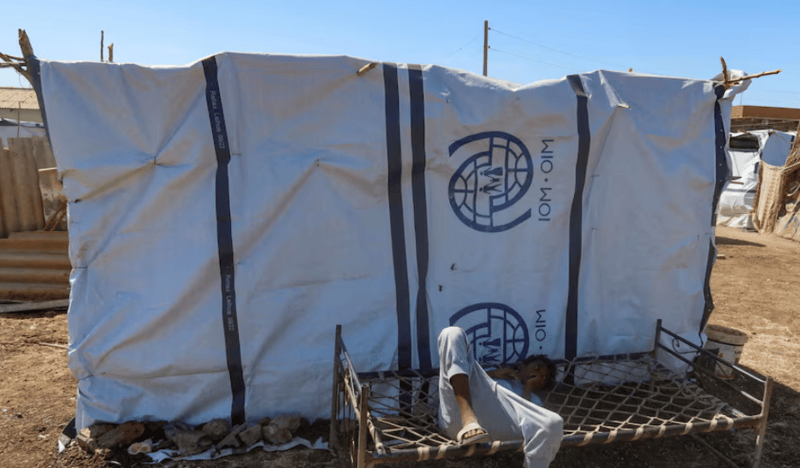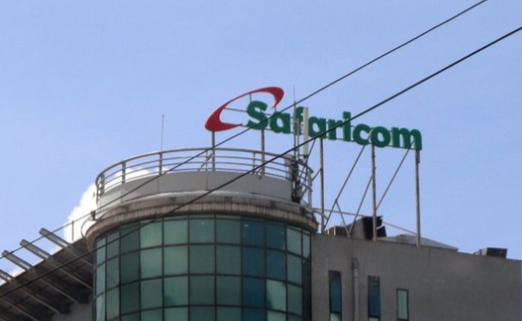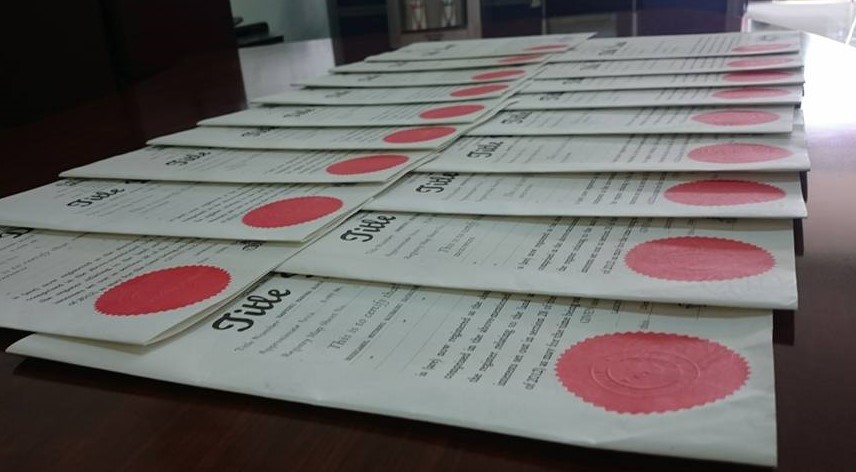Cholera suspected as cause of mystery deaths in besieged Sudan town

While local activists say that more than 300 people have died, a group of Hilaliya residents in the diaspora provided a list of more than 400 fatalities, a number they say is increasing by the hour.
Dozens of escaped residents of the besieged town of al-Hilaliya in Sudan's El Gezira state have tested positive for cholera, a medical source told Reuters, in a development that provides a likely explanation for the reported deaths of hundreds there.
While local activists say that more than 300 people have died, a group of Hilaliya residents in the diaspora provided to Reuters a list of more than 400 fatalities, a number they say is increasing by the hour.
More To Read
- From protesting tyranny to saving lives: How Sudan’s networks are responding to war
- ‘I have to talk about it' - rape and terror sparks mass migration in Sudan
- Sudan army makes major gains in South Kordofan, retakes key villages from SPLM-N
- Sexual violence driving mass flight from Sudan to South Sudan: What you need to know
- Sudan signals willingness to coordinate with UN despite ongoing RSF clashes
- Sudanese army says it repelled paramilitary forces' attack after unilateral truce declaration
The paramilitary Rapid Support Forces began a siege of the town, home to tens of thousands of locals and displaced people, on Oct. 29 as part of a campaign of attacks in east Gezira in revenge for the defection of a top RSF commander to the army. At least 15 were killed by gunfire in the RSF raid that started the siege, according to activists.
As reports of mass fatalities trickled out, rumours swirled about the cause of the deaths and whether RSF soldiers had intentionally poisoned people.
But an increasing number of those who have escaped from the town have tested positive for cholera, the medical source said.
Other medics from the town told Reuters that after the soldiers drove people from their homes, stealing money, cars, and livestock, most inhabitants sought refuge in the courtyards of three mosques.
The soldiers had also taken the solar panels and electrical wires used to extract groundwater, forcing at least some of the residents to rely on a shallow traditional well that had gone unused for decades and may have mixed with sewage, according to the medics and an eyewitness.
The medics and eyewitnesses asked for anonymity to avoid retribution by either side in the conflict.
The U.N. said earlier this week that there was a suspected cholera outbreak among people who escaped eastern Gezira, one of several across the country, but did not specify Hilaliya. The Shargelnil Emergency Response Room said medics in Omdawanban Hospital had received at least 200 cholera cases from the region.
With the exact cause unknown, dozens in Hilaliya began falling ill with stomach pains, diarrhoea, and vomiting. The soldiers had looted the town's hospitals, clinics, and pharmacies, so only a few were able to take antibiotics and recover, one of the medics said.
The rest began to die.
Those who wanted to leave paid RSF soldiers large sums to be transported out of the state, eyewitnesses who arrived in the army-controlled town of Shendi said. Thousands remain.
"We escaped death by a miracle, so many around us were dying from this illness," said one 70-year-old man.
The Sudanese Ministry of Health and the Rapid Support Forces did not immediately respond to requests for comment.
The devastating war that broke out in April 2023 between the army and RSF has destroyed Sudan's infrastructure and spread disease, creating the world's largest hunger and displacement crises.
Top Stories Today












































